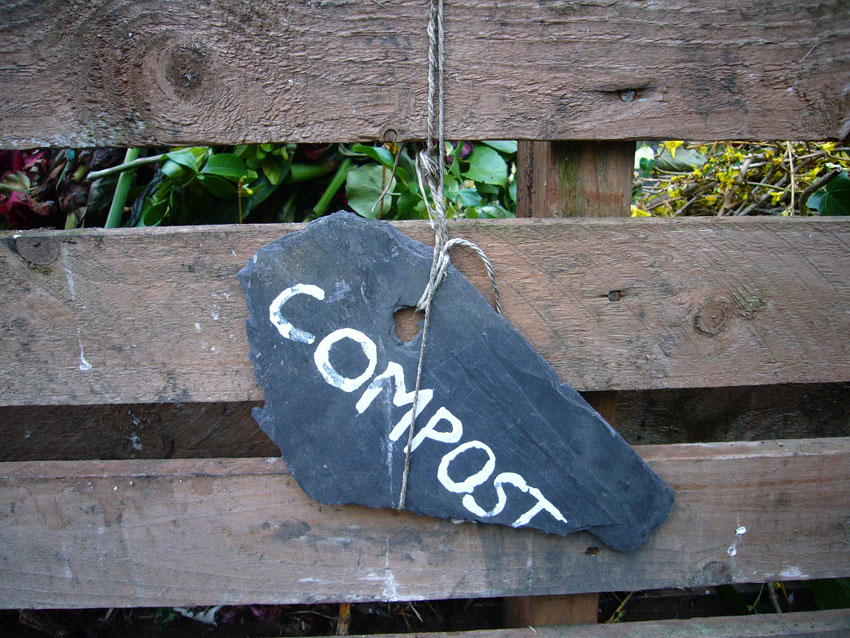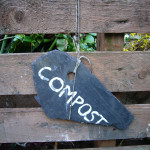
02 Sep New Reading Group: COMPOSTING Feminisms and the Environmental Humanities (USYD)
Astrida Neimanis (USYD) and Jennifer Hamilton (NYU Sydney) are starting a reading group exploring the links and tensions between inclusive feminisms and environmental humanities. We have put together a list for four once-monthly sessions that takes us until the end of 2015. Then, reflecting on the successes/failures of this trial, we can devise a plan for continuing the group in 2016.
The group will meet on Tuesdays (mid-month) from 4 to 5.30pm at Sydney University. Our first meeting is Tuesday September 15. More information about the group is listed below, please contact us if you are interested in attending and/or would like to see the reading list.
COMPOSTING Feminisms and the Environmental Humanities
“We are all compost”
– Donna Haraway
“Promiscuous we!
Me, plus anybody else.
Permeable we!”
– Eve Kosofksy Sedgwick
In this reading group, we imagine the process of reading and writing as composting. Matters break down and re-emerge as new matters. In the spirit of a feminist politics of citation, we are attuned to the ways in which new ideas are always indebted to writings and readings that have come before. Sometimes these inheritances are deliberate up-takes and extensions of influential texts we have encountered; sometimes they are accidental – inhaled in the air that we breathe, or transmitted to our guts through the soil and the water. In this reading group we seek to map the roots and shoots of these composting matters. What and how are feminist offerings composted in and through the environmental humanities? What concepts are especially fruitful, and why? In what forms do these ideas re-emerge? How are these genealogies acknowledged? What ideas are yet to be added to the Environmental Humanities compost pile?
The feminisms in our reading group are inclusive: we cannot envision feminisms without attending to queer, anti-racist, anticolonial, crip, and other intersectional perspectives. In the same way we can’t imagine an environmental humanities project without inclusive feminisms. We will also be promiscuous in our disciplinary attachments, and equally wanton in terms of our understanding of what counts as “the environment.” Compost piles are, after all, emergent multispecies wonderlands.
Our reading group will begin with 4 once-monthly experiments in different reading group tactics. Our December meeting will include a holiday social and a planning discussion on COMPOSTING sessions for 2016.
Information:
- We invite participants who will commit to the project for at least 3 of the 4 sessions in 2015.
- Each session all participants will be required to read the Key Text.
- From Session 2 onward, we encourage the reading of one or two Optional pieces. We welcome suggestions from participants for additional Optional pieces. Where possible, links and/or pdfs to readings will be provided by the co-ordinators.
- The sessions will be focussed on unpacking the Key Text, but using other readings to complement our thinking.
- We anticipate discussing the Key Text in depth, exploring connections, divergences and tensions between the texts and ruminating on the wider relevance of these ideas to the EH Project. But we also look forward to surprises.
Please RSVP to Astrida Neimanis or Jennifer Hamilton if you are interested in being part of this group, or email us if you have any questions.






No Comments